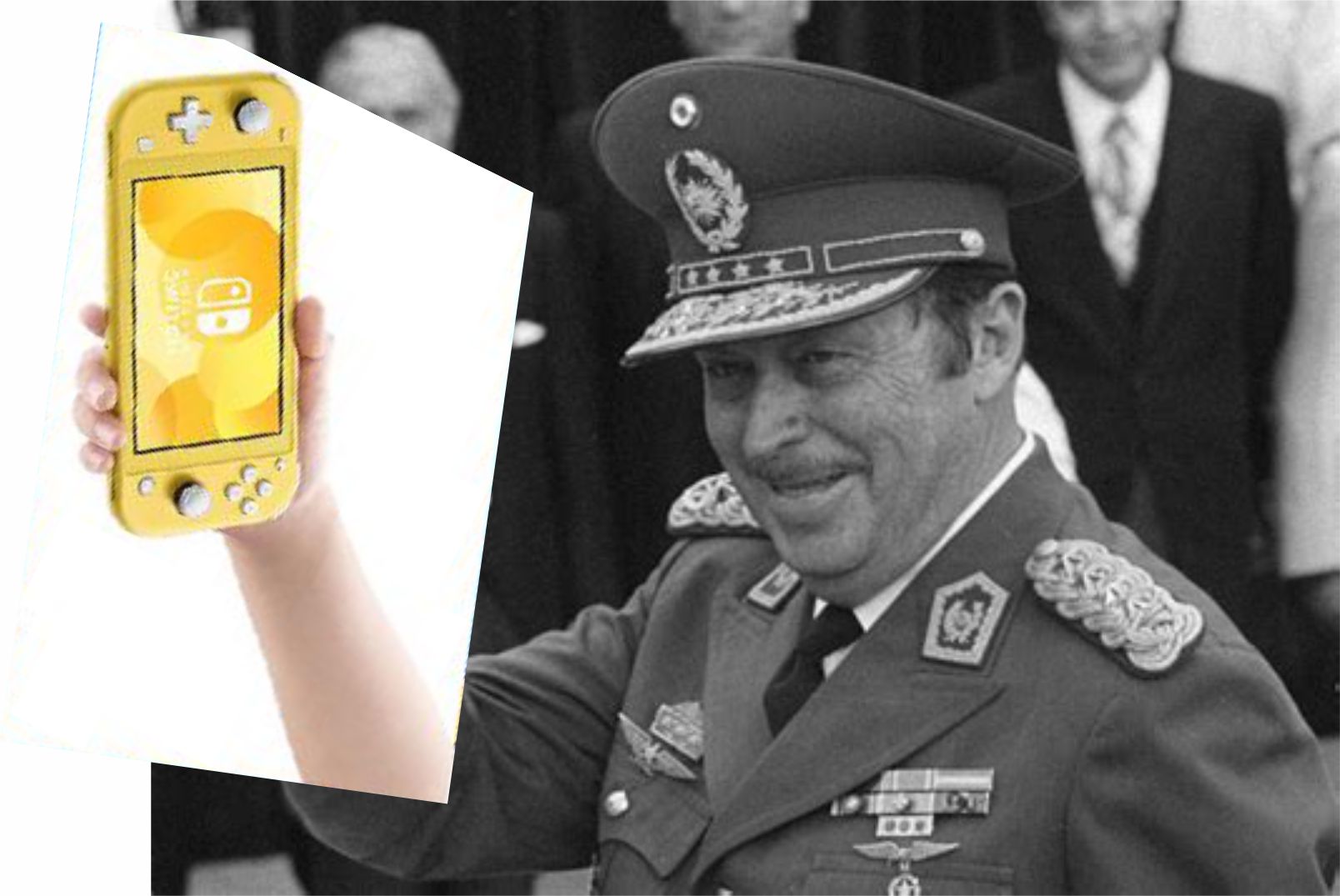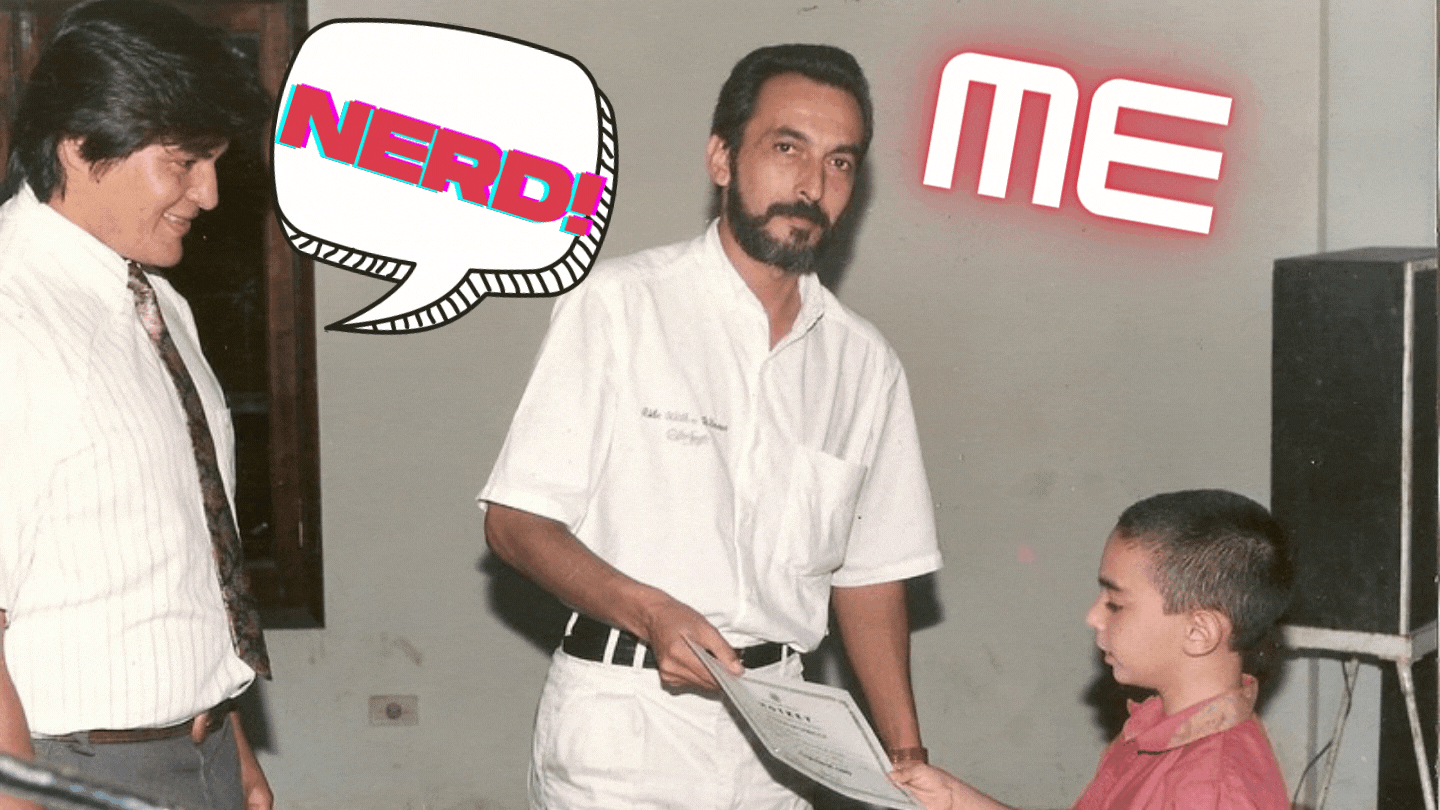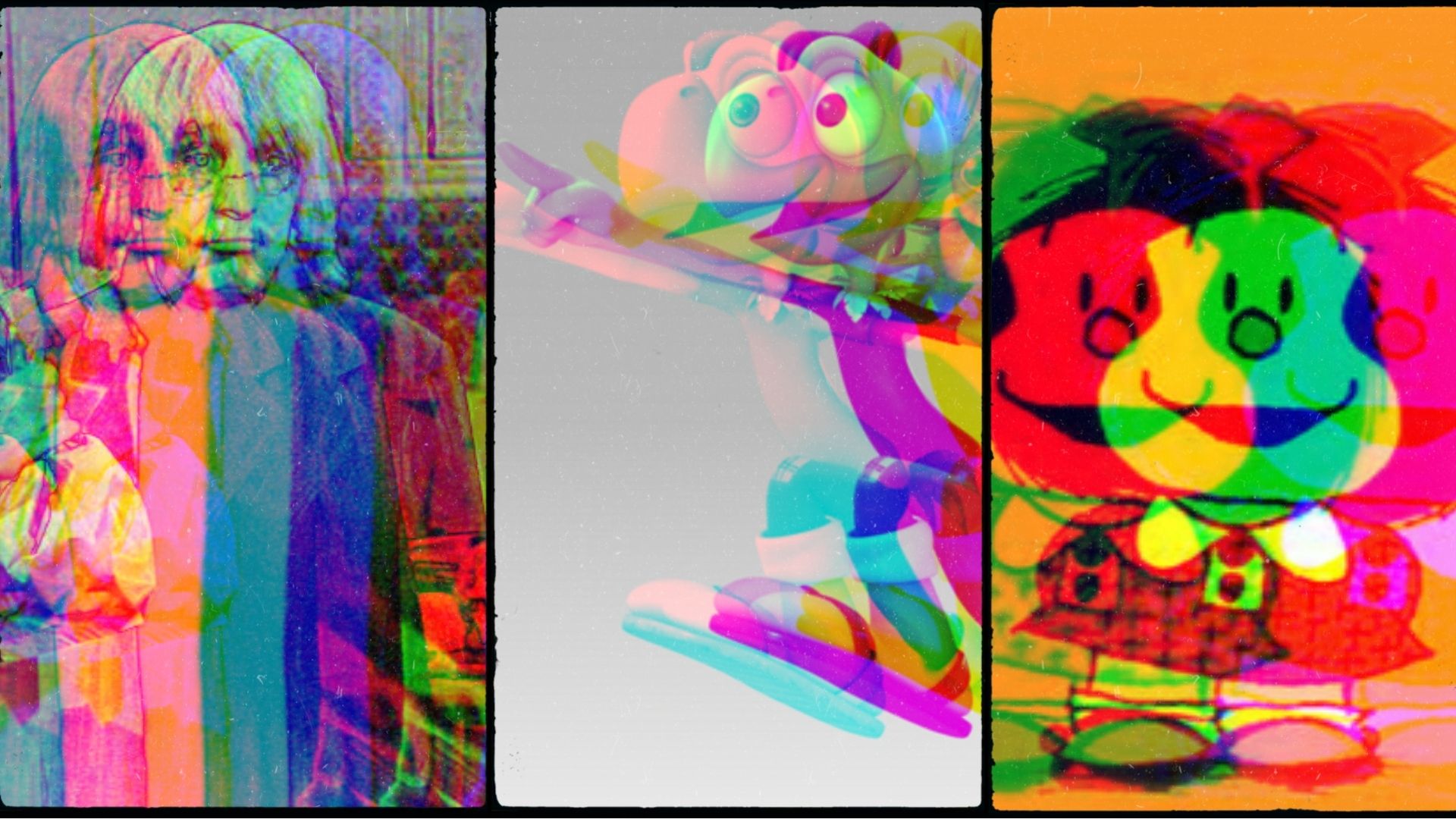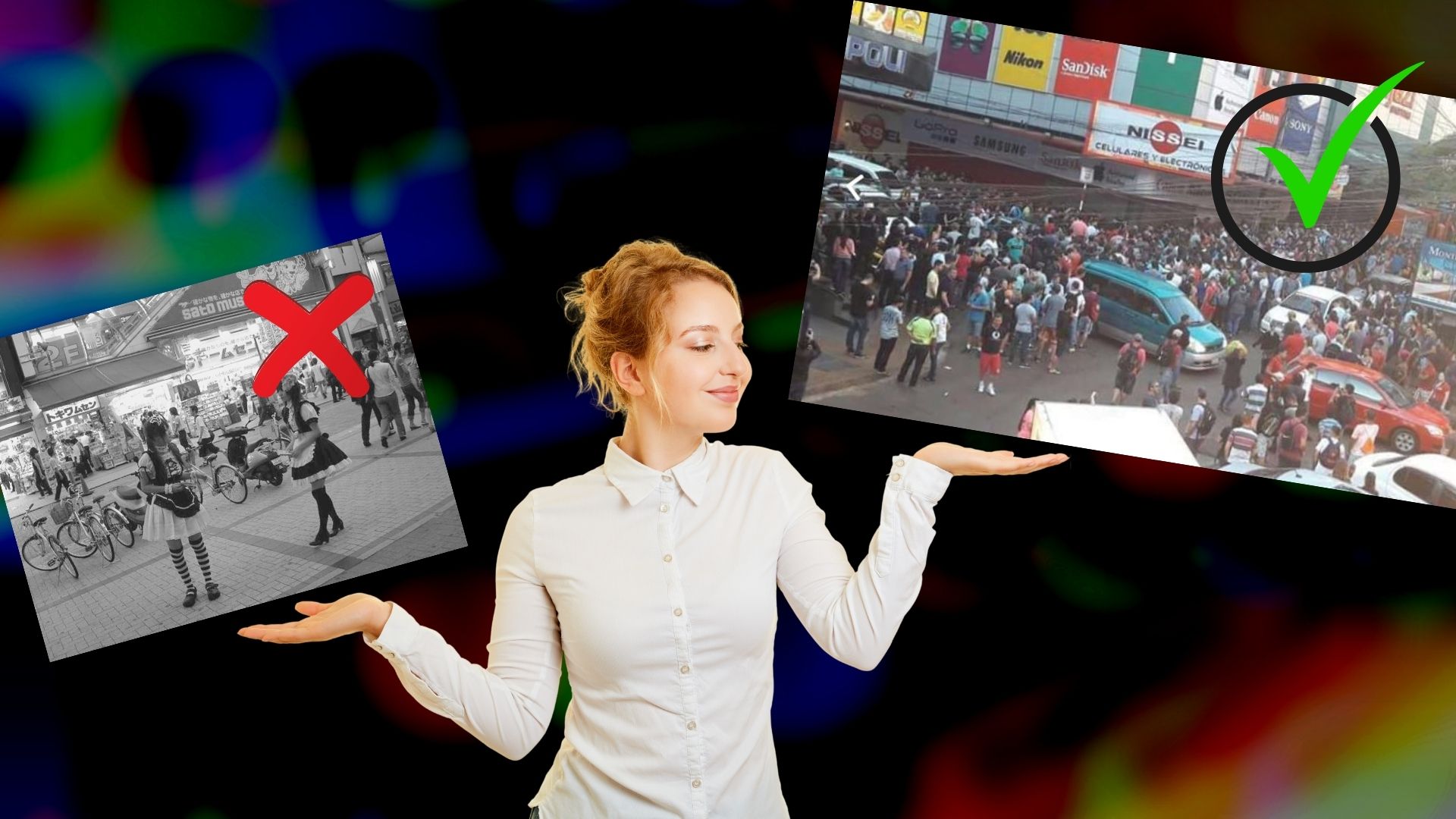
HISPANICS IN GAMES – General Stroessner, dictatorship and third-world country bootlegging
Welcome, friends, to Hispanics in Games! In this bi-weekly column, we highlight positive representation of Hispanic culture in gaming. We’ve talked about characters, we’ve interviewed developers, and I believe it is high time that we provide a socio-political context to set this content against. Believe me, I know it sounds boring. But it’s really not: the incredible bootlegging scene that started in China and the USSR trickled down into South America in general, and Paraguay in particular. The mixture of a post-dictatorship trade policies and poor-as-dirt citizens made my corner of the undeveloped world a veritable heaven for bootleg gaming. And sadly, we didn’t get much choice in the matter.
EL GENERAL WASN’T A FAN OF MARIO

Alfredo Stroessner Matiauda was a general of the Paraguayan army, who fought in both the Chaco War and the Paraguayan Civil War. Sounds like a rightgeous dude, no? Well, he also headed the coup which toppled then-president Federico Chaves, establishing what would become a 35-year-long dictatorship. A personal friend of Augusto Pinochet, and admirer of one Adolf Hitler, Stroessner was no cuddly bear.
Along the vast genocide against the Indigenous population, persecution of LGBTQ+ people, abhorrent human rights violations and sheltering of Nazi war criminals, one of the many other barriers El General put up was a cultural one. The result of his own policies as well as sanctions against Paraguay because of his rule, Paraguay’s cultural atrophy meant that we mostly missed out on B-horror cinema, rock ‘n roll, the arcade craze of the 70s and video game boom (and crash) of the 80s. But then…
PUERTO FLOR DE LIZ – HIS PRIDE AND JOY (and source of pirated goods to this day)
In 1957, Stroessner founded Puerto Flor de Liz, a city which acted as the crowning jewel of his achievements in establishing a commercial trading route with Brazil to the east. He was so proud of it, in fact, that he later renamed the city to… Puerto Presidente Stroessner. Yep, the dude named his favorite city after himself.

When he was eventually brought down in 1989 by his also-general brother-in-law (telenovelas, eat your heart out), the city was renamed Ciudad del Este (City of the East). And that is the origin of all of my early-childhood gaming memories.
You see, not only were Brazilian-made Famicloned smuggled into the country via Ciudad del Este, but the city itself became a production mecca for pirated goods. In fact, the Lonely Planet travel guide for the city sums it up perfectly:
Originally named Puerto Presidente Stroessner after the former dictator, the ‘City of the East’ is a renowned center for contraband goods, earning it the nickname ‘the Supermarket of South America.’
Lonely Planet Travel Guide.
FRIENDLY NEIGHBOURS – Brazil’s Dynacom and Gradiente introduce the Polystation and Dynavision


Have you ever wondered where those cheap Famiclones you see on Aliexpress are made? While most are made in China, Brazil actually had whole industries built around creating Famiclones in South America. Though many were created and just as many went extinct, Dynacom and Gradiente were the two biggest names in bootlegging in the 1980s and 1990s.
Brazil, then also a military dictatorship, wasn’t going to allow pesky outside influence to corrupt the minds of children with their nasty video games. Instead, Brazil decided to corrupt the minds of children with their own nasty video games, fully unlicensed, pirated and sold under Government permission. Stroessner saw this practice, and saw that it was good.
Already a haven for illegal manufacturing, and friendly with Brazil due to also having a nutty General as Presidente, 1990s Paraguay was primed to make as many Famiclones as we could buy. And at the center of this was Ciudad del Este. In the 1990s, Ciudad del Este moved more money than Wall Street, making it one of the most fluent markets in the world. And a lot of it came from contraband and pirated goods. A lot of which were Polystations and Dynavisions. Just bask in their magnificence:

This is just one of the later model Polystations, most of which were the same: Famiclones (and later Super Famiclones), built from off-the-shelf parts and designed to run NES and SNES games. The funny thing is, they weren’t all that great at running these games. And there were a lot of carts which were only made in South America: ROM Hacks, compilations, ROM dumps, you name it. The most incredible thing is that, despite living in the XXI Century, not only are these things still being made, but promotion for them usually has fantastic placement. It’s not uncommon to see a 40-foot illuminated LCD billboard promoting this gaming beast, for example:

THE EFFECT OF ALL OF THIS MOVING FORWARD
Why am I spending a whole article highlighting crappy bootlegs? Because for literal millions of people (including myself), this is the only access we had to gaming for decades. Military dictatorships and a disregard for intellectual property forced upon the people of Paraguay, Brazil, Chile and many other countries, the need to resort to bootleg consoles simply because of lack of availability of original hardware and software. This is no longer the case, of course. Despite Polystations still being made, the legitimization of gaming, importing and exporting in Ciudad del Este continues to make great strides.
But for those of us who grew up with Dynavisions and 9999-in-one carts, they represent the cultural backdrop against which we pin our current taste for video game trends (for better or worse). And as we get older, and as people my age have been making games for a while, many are infusing their creations with the distinct flavor that only a Famiclone upbringing can provide.
Here are some games you can buy RIGHT NOW, whose developers grew up playing South American Famiclones. And don’t worry, we plan on interviewing every single one of these wonderful people, for your enjoyment:




